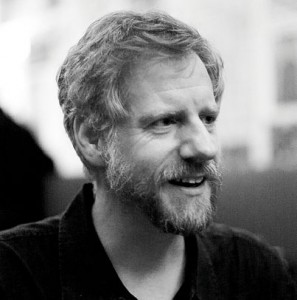[Excerpt from essay published in the New England Journal of Medicine] The Internet has inspired multiple movements toward greater openness — most prominently, open access, open data, open science, and open educational resources. None of these is based on the belief that there should be such a thing as a free lunch, but each recognizes that the Internet changes the economics of publication and digital-resource sharing so that changes can feasibly be made to traditional practices that are in some ways “closed,” requiring payment for access to information or prohibiting myriad reuses of accessible information. The quality of “openness” applies to both the terms of access and the terms of use. Advocates in each movement — and I am one, serving on the boards of directors of two organizations promoting open access, Creative Commons and the Public Library of Science (PLOS) — share an understanding that an open resource is freely accessible over the Internet. Opinions vary about the terms of use necessary for a resource to be open.
Copyright law supplies the baseline terms of use for almost all information on the Internet. These terms can be altered if the copyright owner grants a license or permission to do something that would otherwise infringe copyright. Traditionally, copyright owners granted licenses to specific persons or entities. More recently, copyright owners seeking to grant permission to everyone have issued public licenses broadening the range of permitted uses, subject to certain conditions. Creative Commons licenses are the most widely used of these public licenses for all kinds of copyrighted works except software, for which free and open-source licenses are most common.
Within the open-access context, debate focuses on whether an article is “open” when it, like this one, is freely accessible over the Internet but still subject to the standard restrictions imposed by copyright law. The question also applies to most articles posted in PubMed Central under the Public Access Policy of the National Institutes of Health or in institutional repositories under most university policies, such as that recently adopted by the University of California, San Francisco. The three major declarations of purpose for the open-access movement (the Budapest Open Access Initiative, the Bethesda Statement on Open Access Publishing, and the Berlin Declaration on Open Access to Knowledge in the Sciences and Humanities) say no: openness requires making the literature freely accessible under liberal terms that permit nearly all reuses so long as the author receives credit for the work when it’s republished or adapted.






